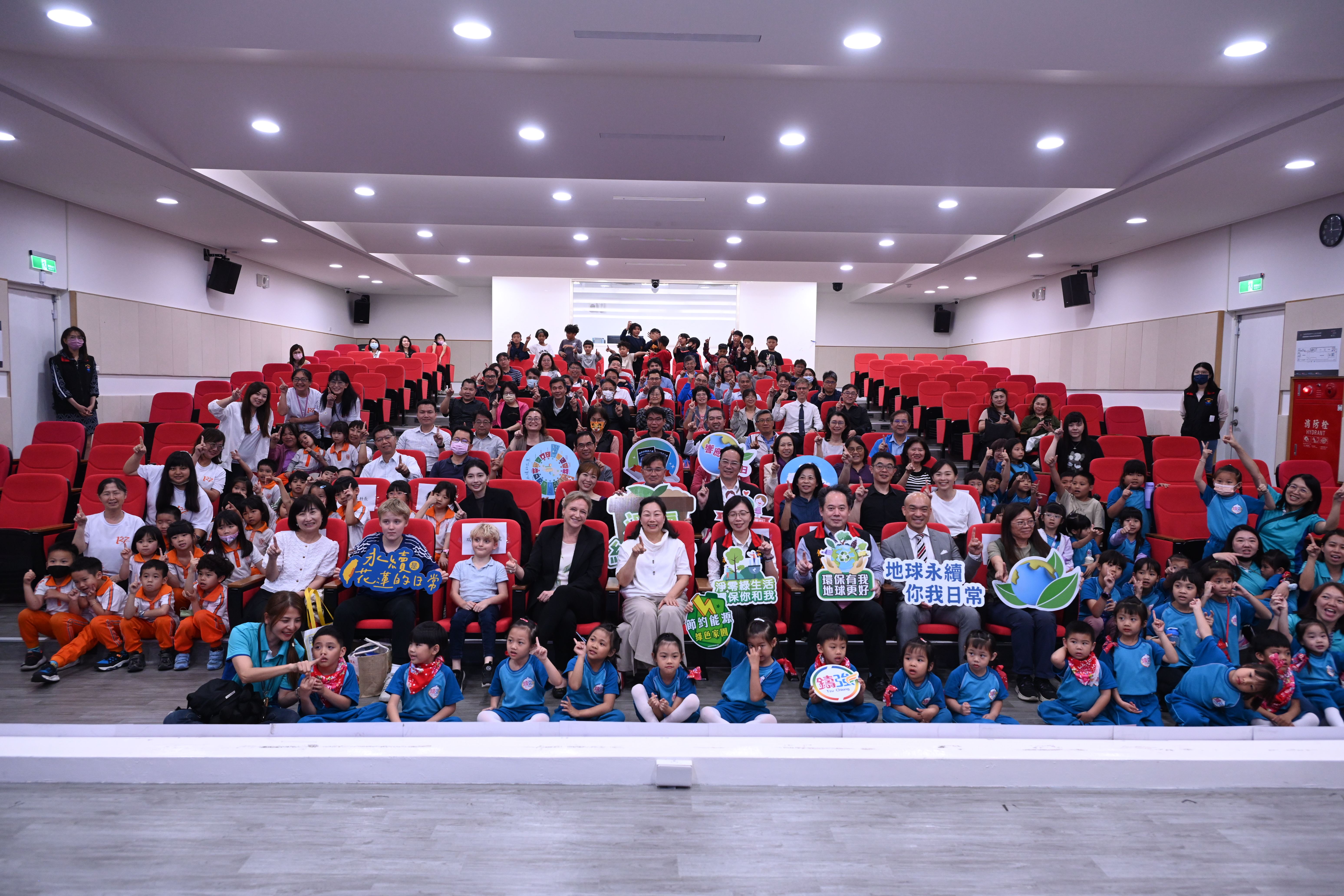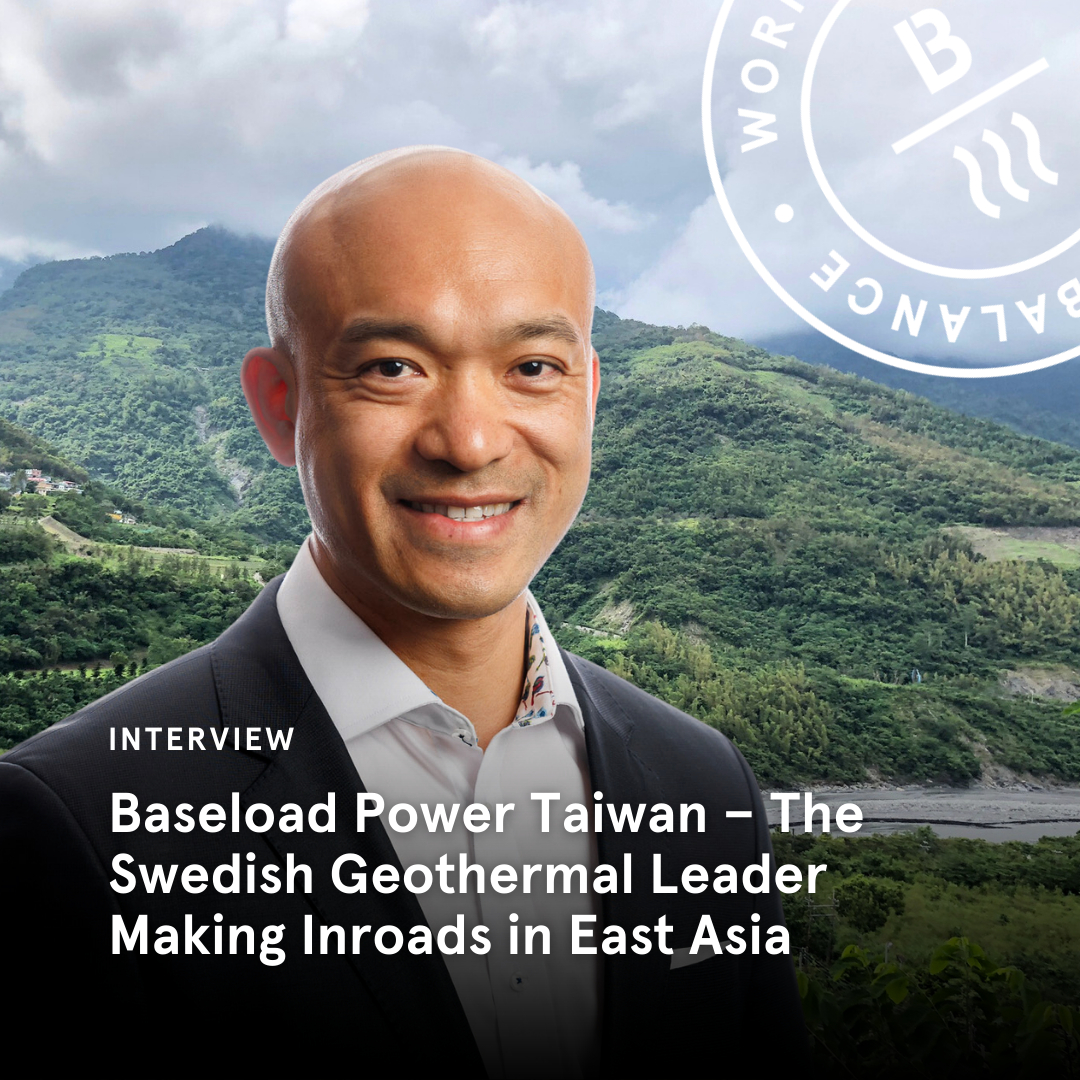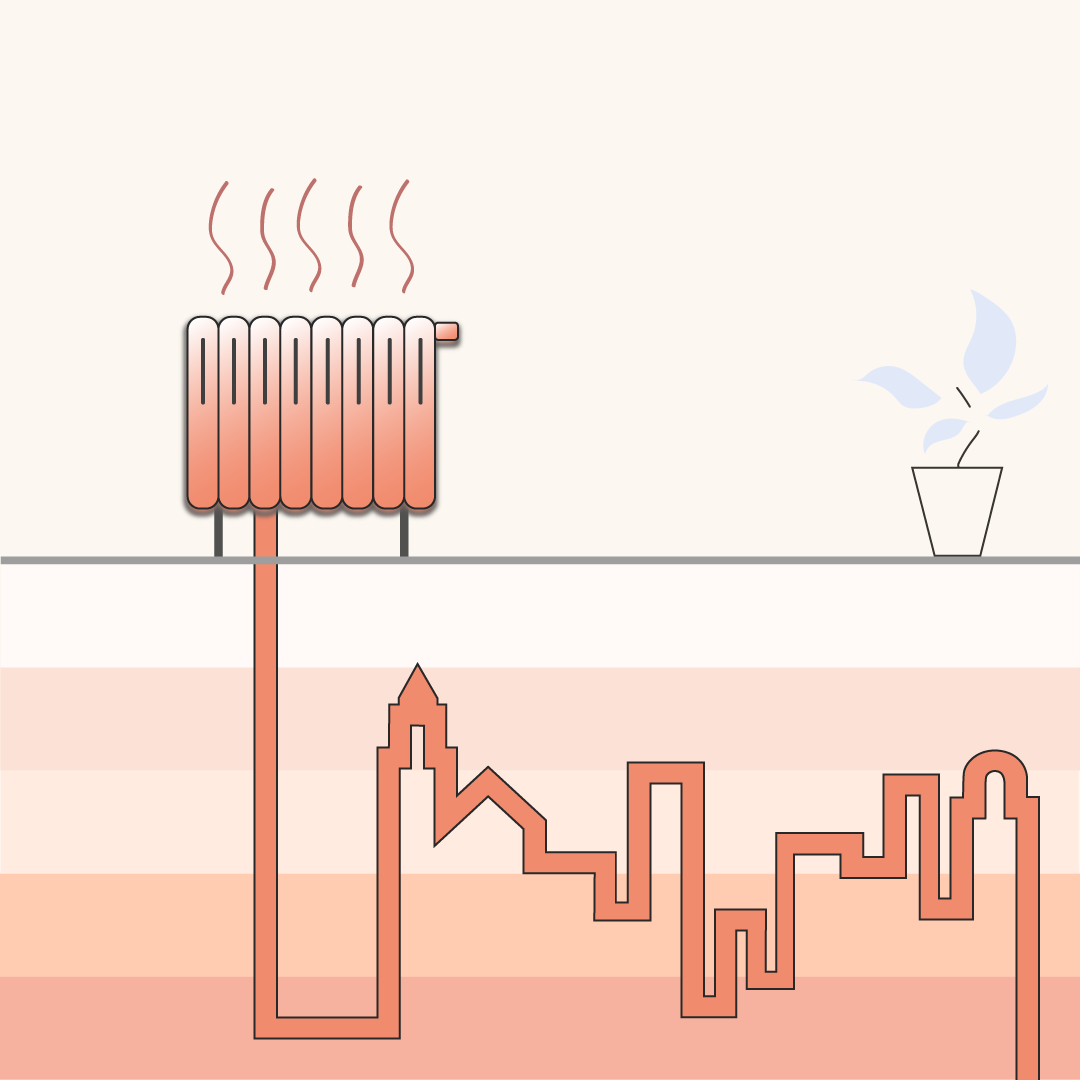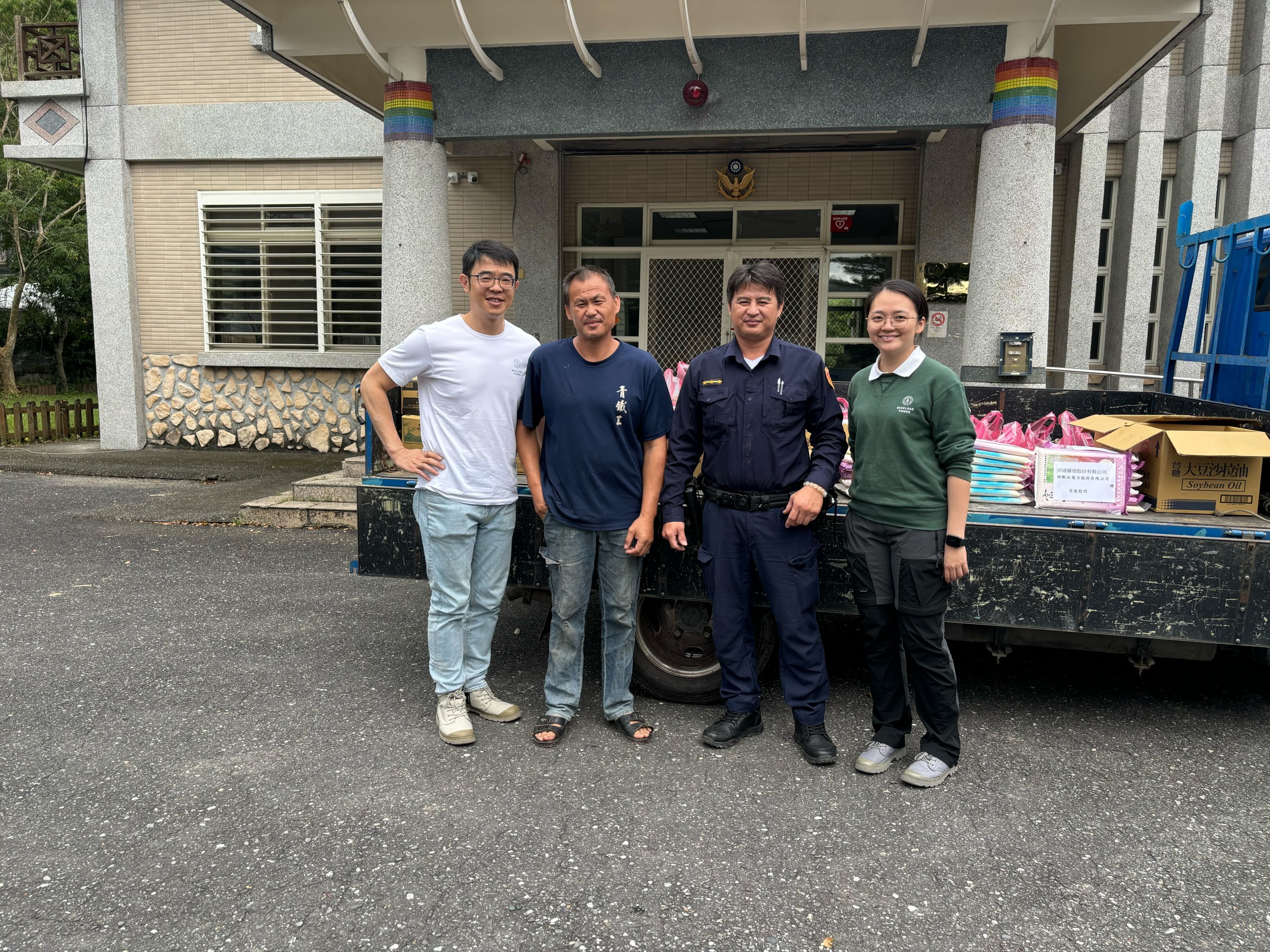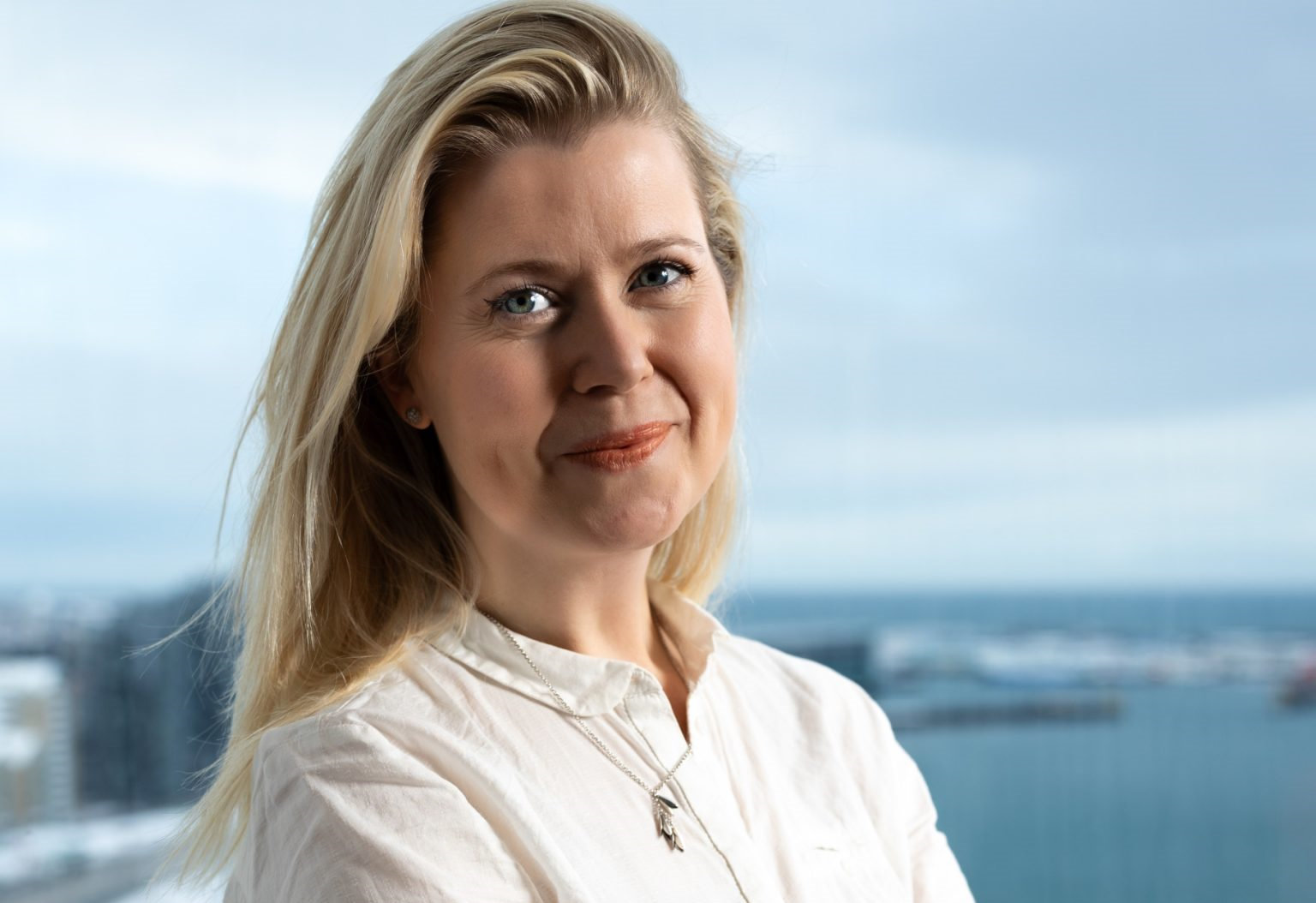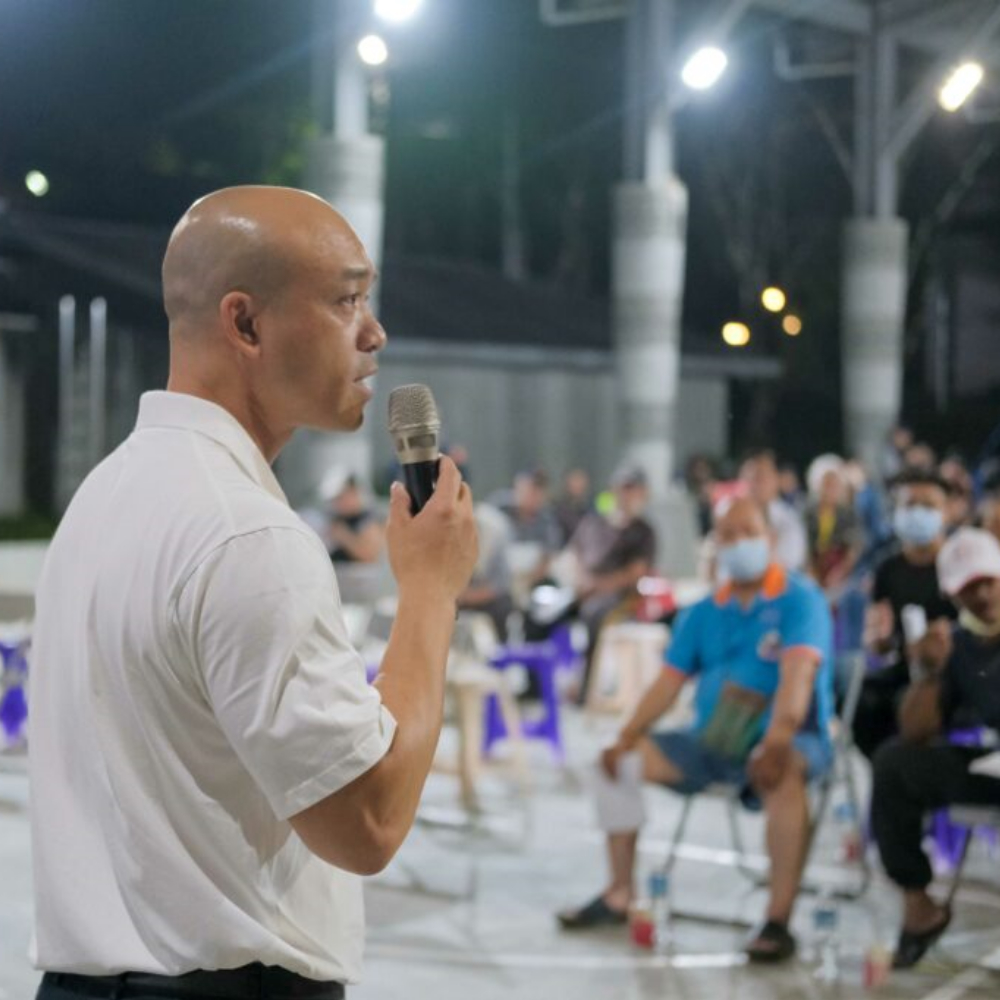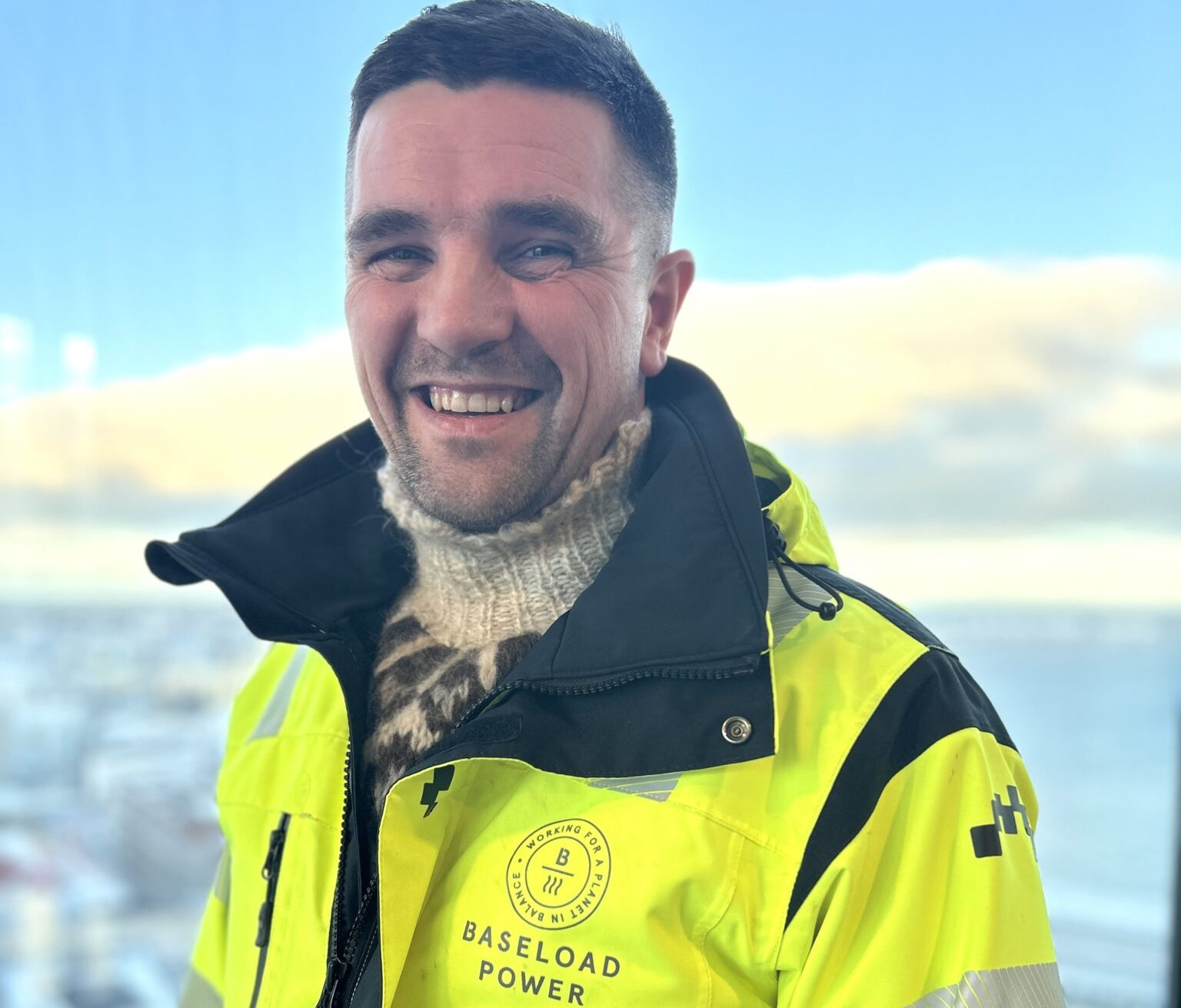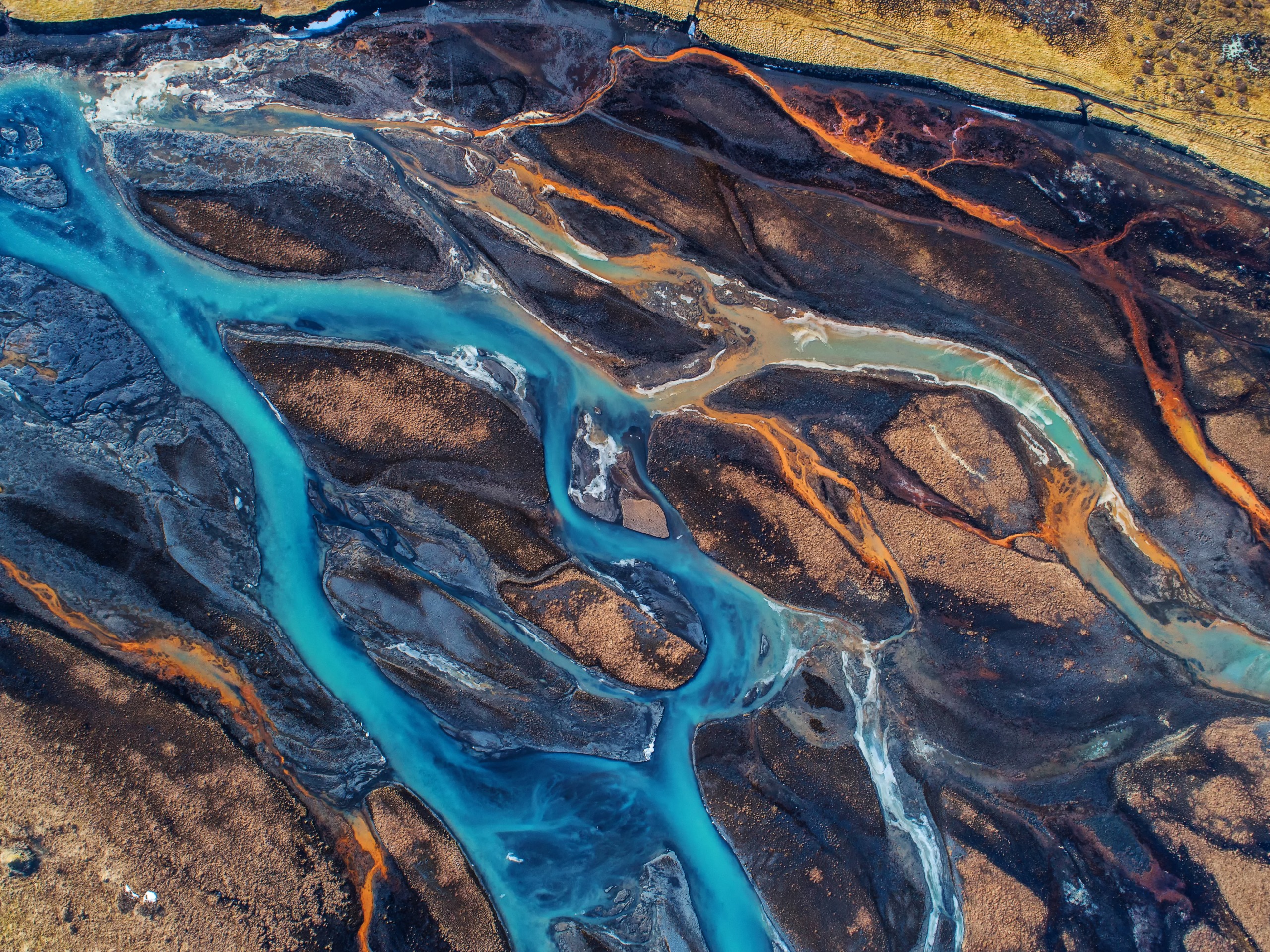Debate: Energy lies under our feet - dig where we are standing
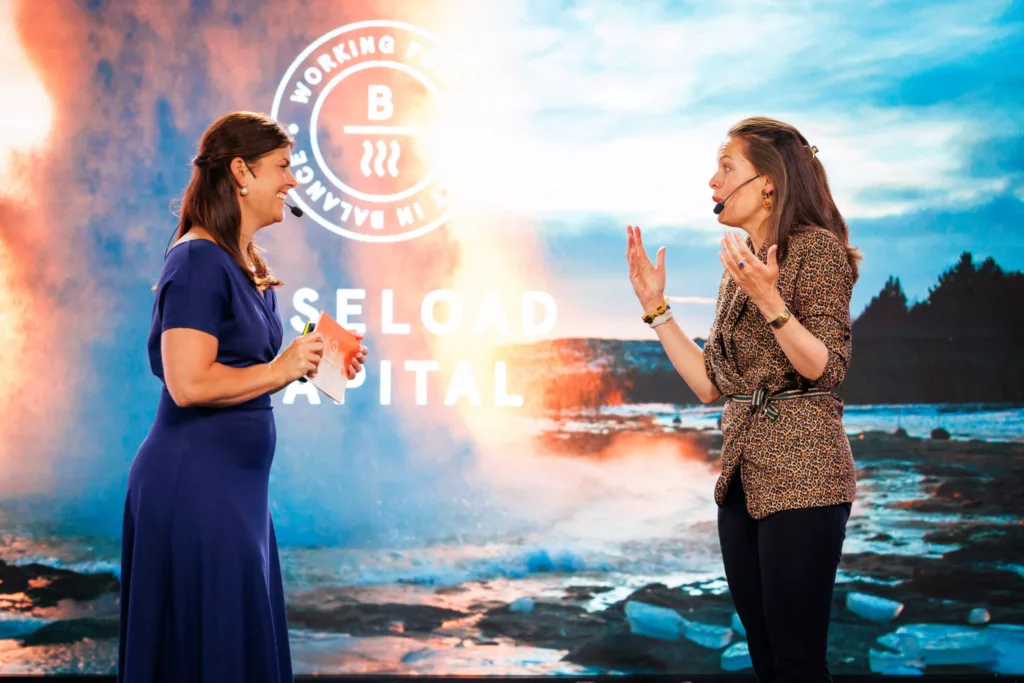
Introducing the Translated Article: “Debate: Energy Lies beneath Our Feet – Dig Where We Stand”
Discover the translated version of the captivating debate article “Debate: Energin finns under våra fötter – gräv där vi står” published in Dagens industri, Sweden’s esteemed business daily in March 2023. Authored by our own CMO Kristina Hagström-Ilievska and Aurore Belfrage,investor in geothermal deeptech company GA Drilling, this article explores the vast potential of geothermal energy as a reliable, local, and renewable heat source beneath the Earth’s crust.
Join the ongoing debate and envision the transformative impact of this sustainable energy source on our society.
Read the full translated article here https://www.di.se/debatt/debatt-energin-finns-under-vara-fotter-grav-dar-vi-star/ and be part of the conversation about the remarkable possibilities beneath the Earth’s surface.
Europe does not have to be second in line, geothermal can rewrite the energy map. With new technology, political will and an oil industry looking for new applications for its drilling assets, the time is right to drill deeper for renewable, reliable, local heat beneath the Earth’s crust, writes Aurore Belfrage and Kristina Hagström-Ilievska.
The transition to fossil-free energy is necessary but also revolutionary, often expensive and not seldom uncomplicated. At the same time, this transformation can’t be ignored- we know where we are going, we know the clock is ticking to 2045, and we know we can’t go back to burning oil and gas.
Last week we also saw an indication of how much electricity Sweden will need in 2045. Energiföretagen’s newly released report estimates that Sweden’s electricity needs will almost double from 170 TWH per year to 330 TWH per year over the next two decades. It is time to work backwards and create a roadmap for how we will reach our doubled fossil-free electricity needs.
How? Firstly, every little helps; we can’t afford to rely on a single, universal solution. But above all, think differently and use the entire palette of possibilities. Sweden and the EU have a huge opportunity to invest in scaling up innovative technology and infrastructure with the added security of becoming self-sufficient.
In 1973, Ted Gärestad sang about sun, wind and water. Yes, we should undoubtedly continue investing in more efficient solar, wind and hydropower. However, the reality seems to be that they alone are not enough to meet our goals. So, what else is on the menu?
• Expand nuclear power. Apart from the fact that we haven’t solved how to handle nuclear’s hazardous waste products or the financing of it, it takes an average of seven years from first breaking ground to having an operational facility. It is probably safe to assume that you also need a few years processing time before construction can start.
• Fusion power. Fusion technology has recently taken significant steps and will likely solve all our energy needs – in 20-70 years. Therefore, we need a solution here and now that provides consistent electricity regardless of weather and wind and without dangerous emissions or waste.
The answer is clear – we must invest in geothermal heat.
Energy from rocks? Yeah, sort of. Geothermal energy is a fantastic way to heat local buildings with fossil-free energy. You drill down 100-200 meters and then use residual ground heat created by the sun. We absolutely need to expand and strengthen this type of geothermal heating system in Sweden.
But think deeper. As you might know, the Earth has a magma core and only 1 per cent of the Earth has a temperature below 1,000 degrees. This means there is an abundance of heat under our feet. So, if you drill deep, 5 to 10 kilometers down, you can find hot rock/water that’s 150-400 degrees in most places on Earth. That’s more than enough heat to drive a turbine and generate renewable electricity for the grid.
In Iceland, magma is easily accessible and people there have long enjoyed geothermal heat. With new technology, political will and an oil industry looking for new applications for its drilling assets, the time is right to drill deeper for renewable, reliable, local heat beneath the Earth’s crust. Geothermal energy will, within a few years, be able to replace gas in the European equivalent district heating system and make Europe self-sufficient.
Geothermal energy is, then, the extraction of heat from the Earth’s interior. Geothermal has the same advantage as burning oil or using nuclear power in that it produces a so-called “baseload” that’s always on and is not dependent on the wind or sun. But geothermal has another advantage that should not be underestimated – the physical footprint is small. What we see above ground is minimal and doesn’t disturb animals or nature.
The Biden administration has shown that it understands how geothermal can rewrite the energy map and the geopolitical game by earmarking subsidies and investments to implement the final steps for operationalizing geothermal. Europe should not be second in line but can instead stride ahead to release and utilize a small fraction of the Earth’s heat to meet our transition goals and electricity needs.
We know where we are going, we know that the clock is ticking to 2045, we know that many types of energy are needed, and we know that the electricity need will double in twenty years. Geothermal energy has the lowest life-cycle carbon emissions, the smallest land footprint, is available 24/7 everywhere, and is already starting to create fossil-free business opportunities for the oil industry.
Aurore Belfrage, Partner think tank Sustechable and Impact Investor in, among other things, geothermal drilling company GA Drilling.
Kristina Hagström-Ilievska, Communications Manager Baseload Capital.
